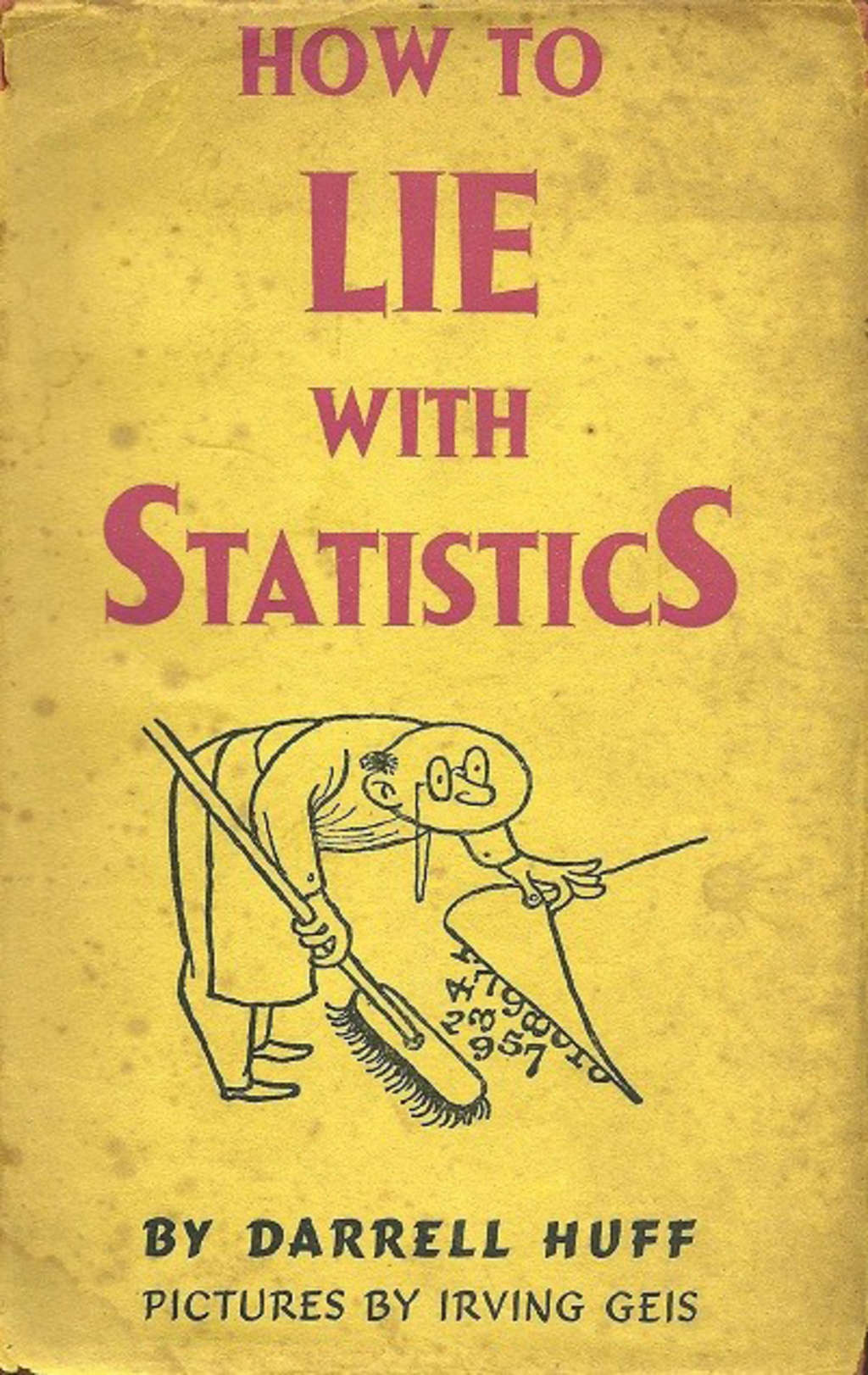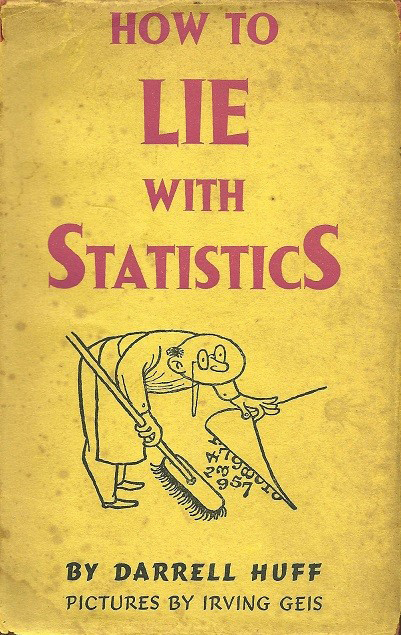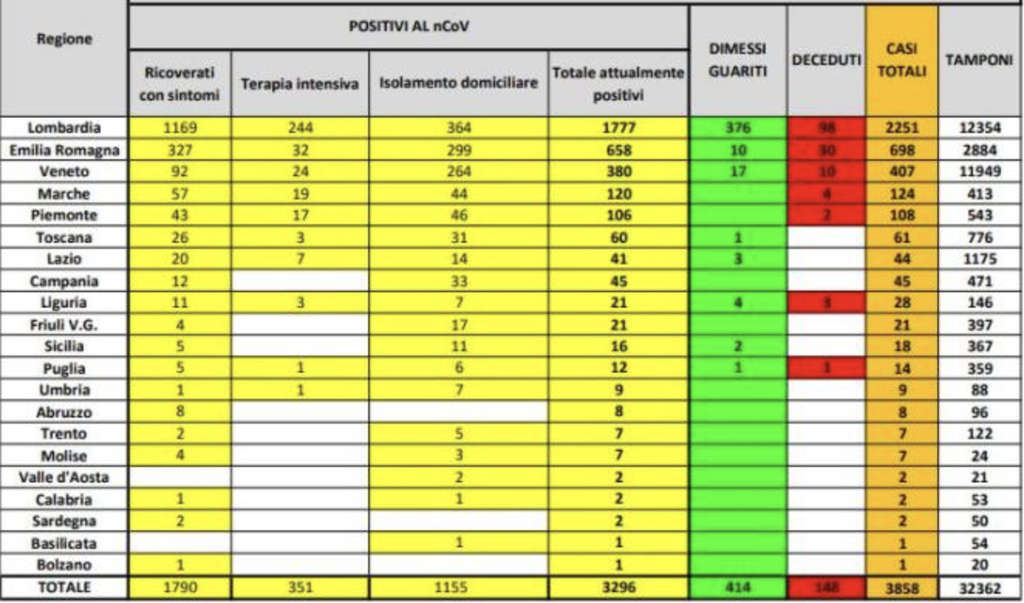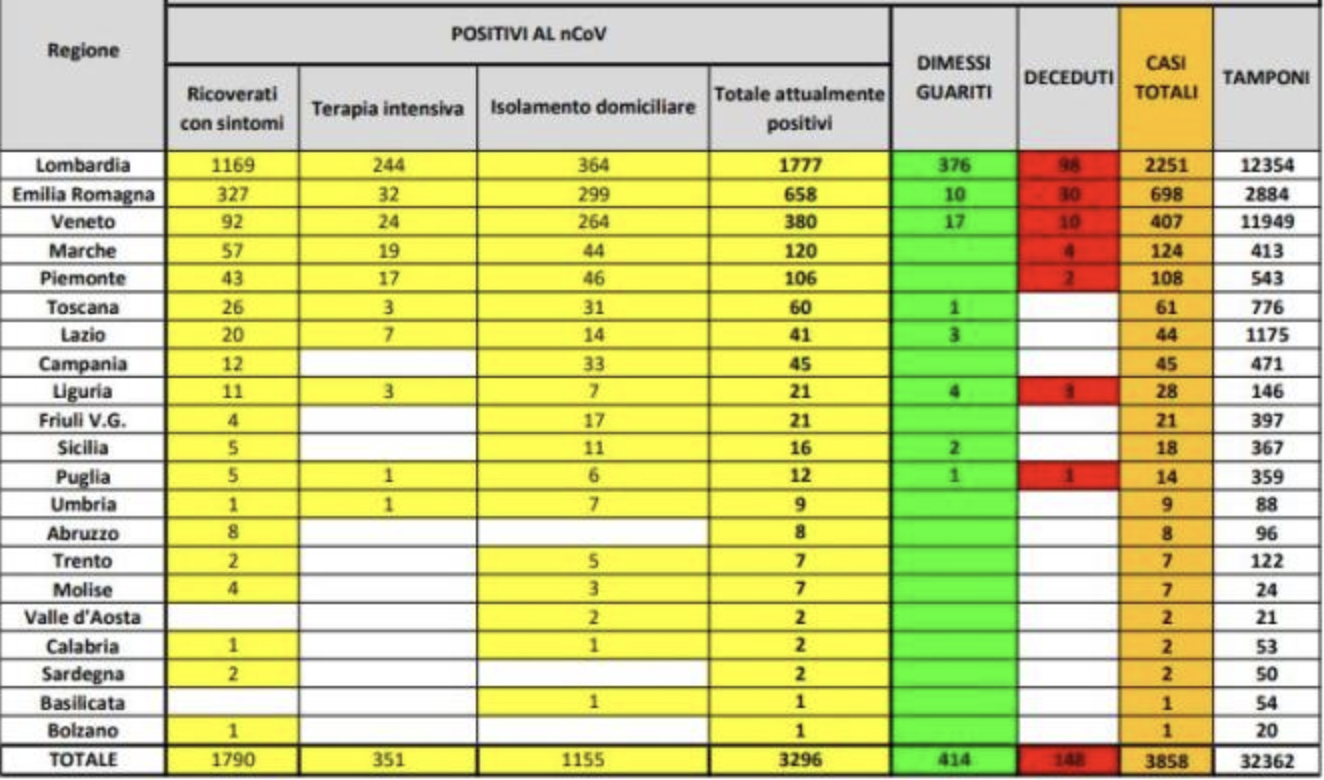How To Lie With COVID-19
"The death rate in the Navy during Spanish-American War," writes Darrell Huff in his classic, How to Lie with Statistics, "was nine per thousand. For civilians in New York City during the same period, it was sixteen per thousand." The American Government used these statistics to entice young people to join the Navy, proving that, paradoxically, "it was safer to be in the Navy than out of it."
The argument is, apparently, linear, but the Navy was (and still is) composed mostly of healthy young people, while the civilian population includes infants, the elderly, and the sick, who have a higher mortality rate regardless of where they are. But this information, although methodologically crucial, was omitted from the recruitment campaigns.
The problem with COVID-19 is similar: we are asked to make predictions with limited, fragmented, sensationalized, simplified, inflated, confused, politicized, prejudicial, instrumentalized, contradictory, and poorly aggregated data sets. The most striking example? Each country is calculating the mortality rate with arbitrary and unscientific metrics. To date, the (real) fatality percentage can be anywhere between 0.0001% and 99%, depending on how the (already scarce) data are interpreted. This makes any rational argument impossible, let alone a prediction.
There is a saying in tech: garbage in / garbage out, meaning that, if the original data is garbage, then any consideration and evaluation based on those data will also be garbage. Anyone who has the arrogance to make predictions on COVID-19 based solely on information currently in the public domain is shamelessly lying or has access to data unknown to the rest of the world. Or (and this scenario, in its wicked banality, is even more frightening) he is used to interpreting reality based on fallacies, using a methodology that is not too different from flipping a coin.
So my point of view on the future of travel? I don't have any.
And every (honest) consultant should give the same answer. It is not intellectual nihilism, but, as I do not create a marketing strategy until I am sure of the accuracy of the data I have, I do not feel deontologically (nor ethically) justified in providing guidelines and indications on the future of travel, knowing what I know today about coronavirus. Remember that a prediction is no better than the data sample on which it is based. There are no exceptions. And, without data (or with garbage data like the ones we have), what we are left with are only opinions, sworn enemies of the scientific, rational, and anti-emotional model to which all of us have (or should have) sworn an almost Hippocratic loyalty.
To conclude: the American writer Henry Felsen said that "if cured, a cold passes in just seven days but, if left untreated, it can last up to a week." This is the level of "science" to which most of us are using when invited to the (useless, if not harmful) endless webinars on the subject. The virus, along with its implications on our industry, scares me much less than this suspension of common sense.
Because for the latter, unfortunately, a vaccine will never exist.



